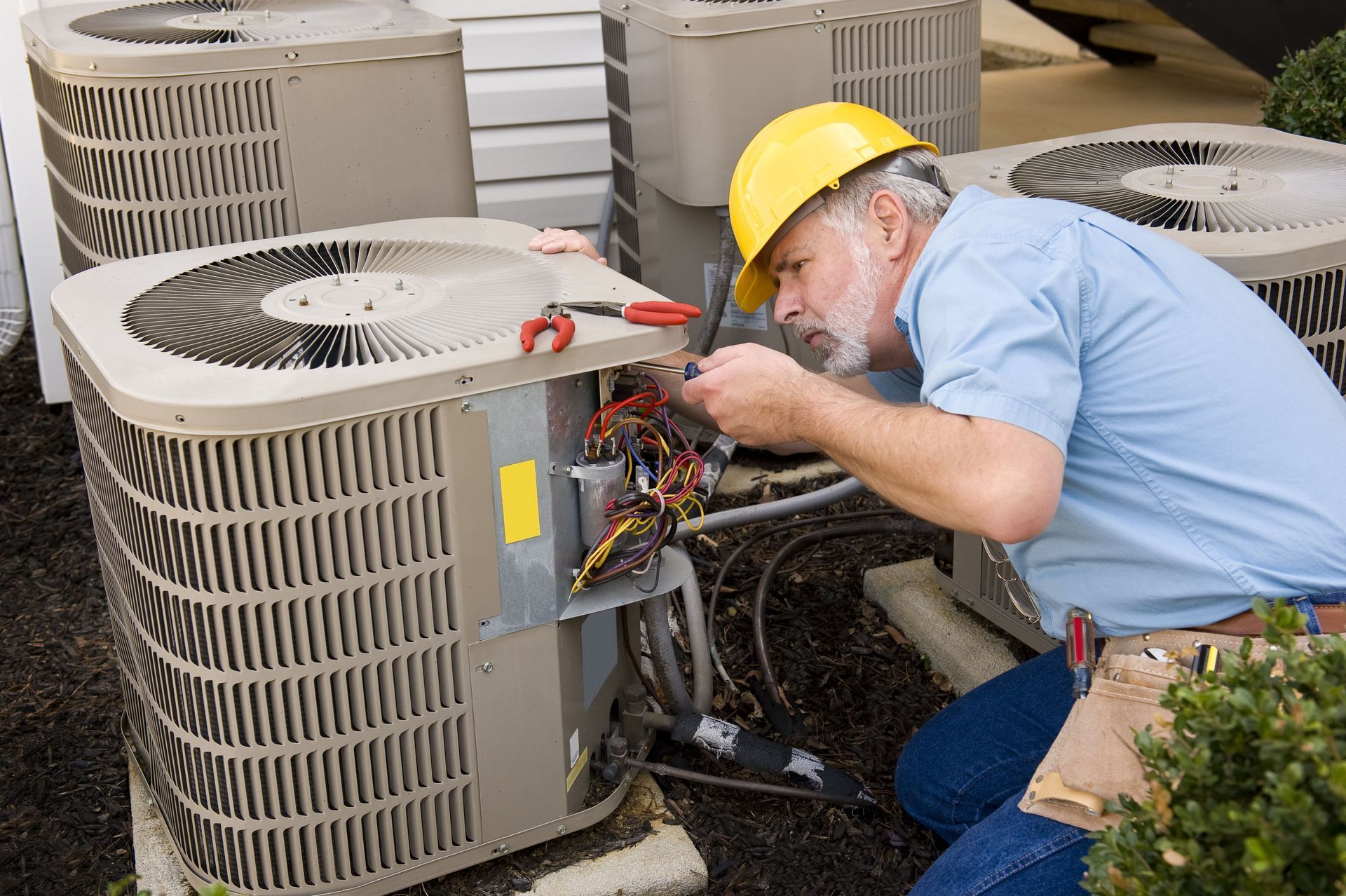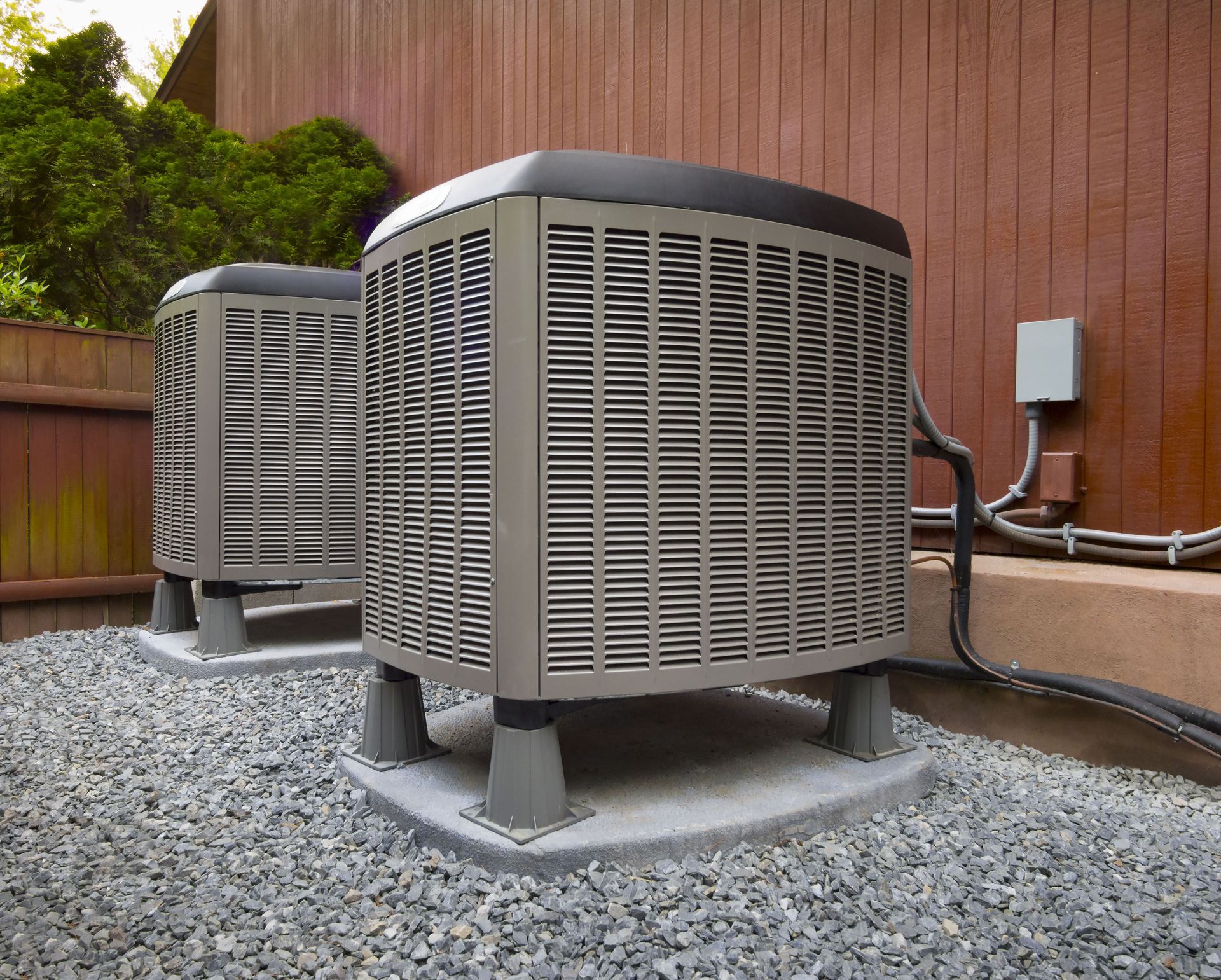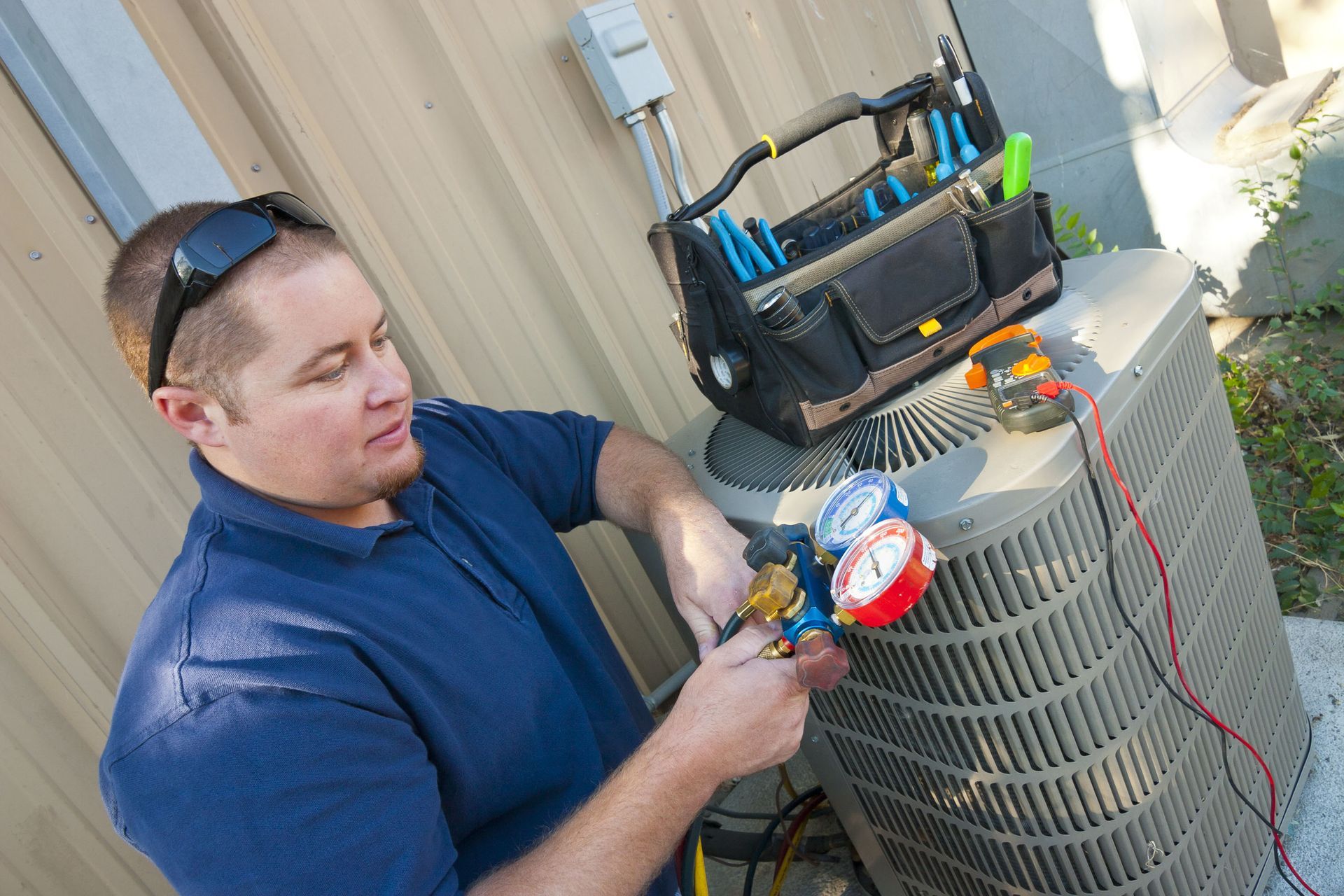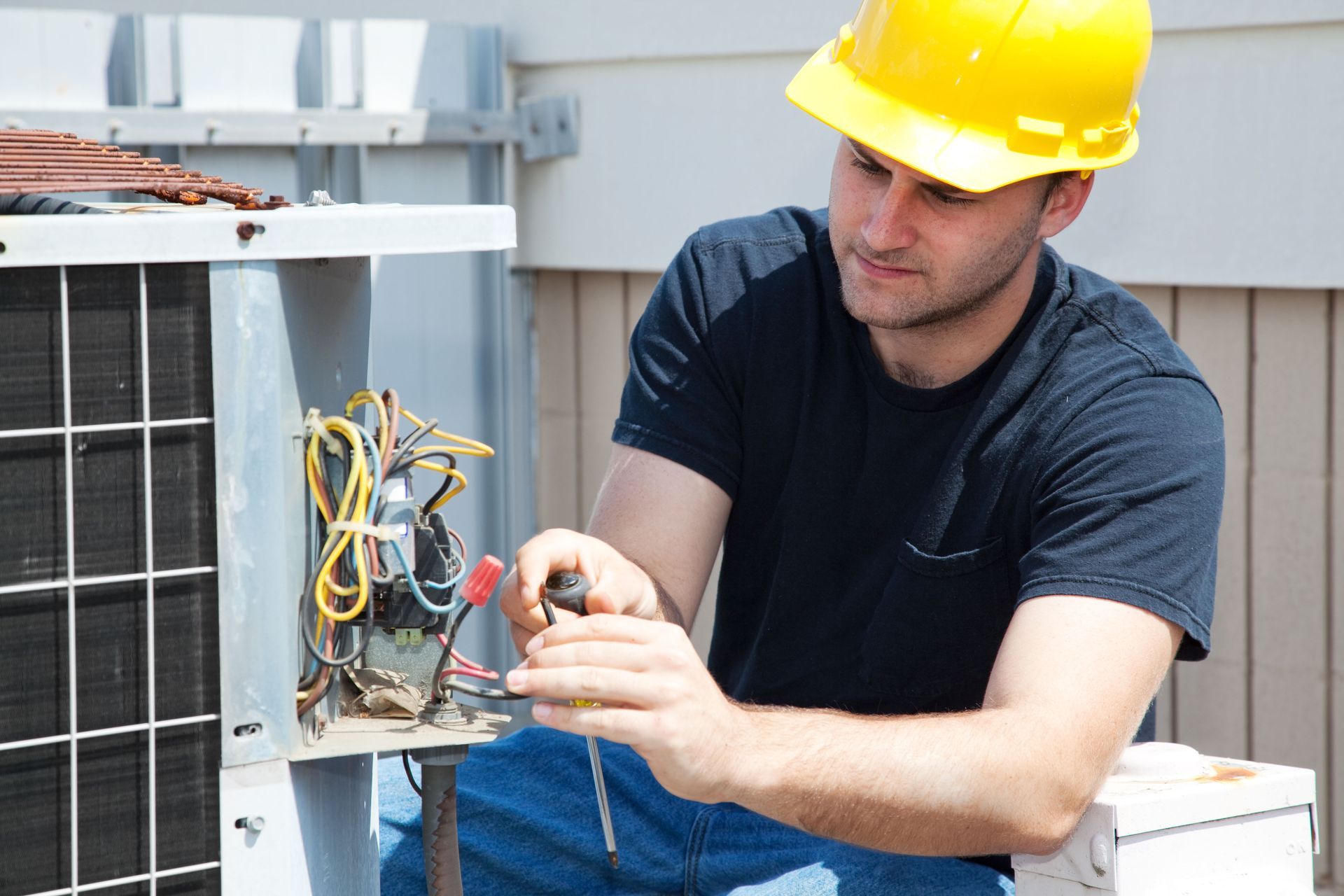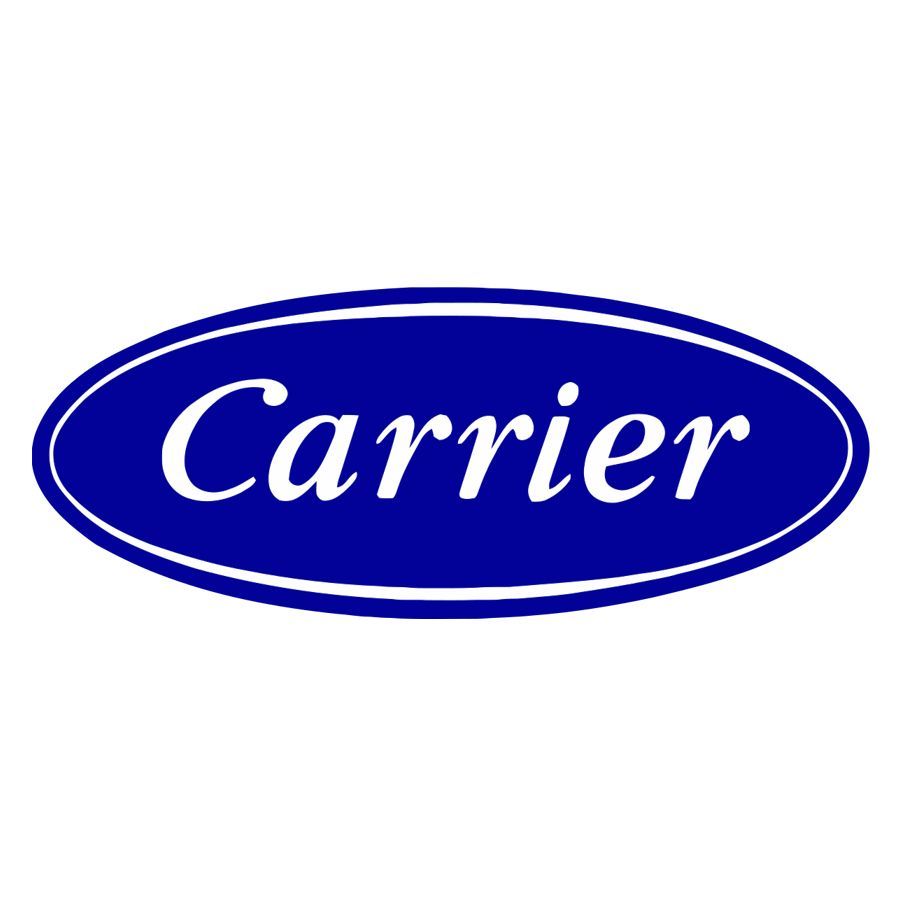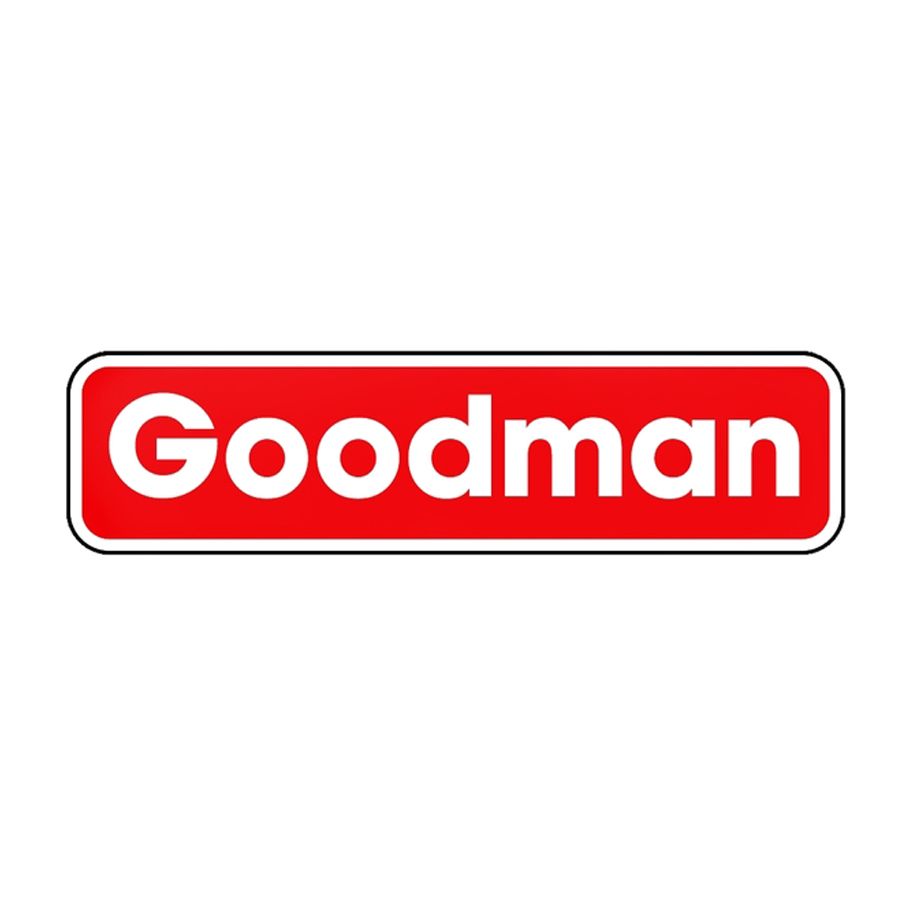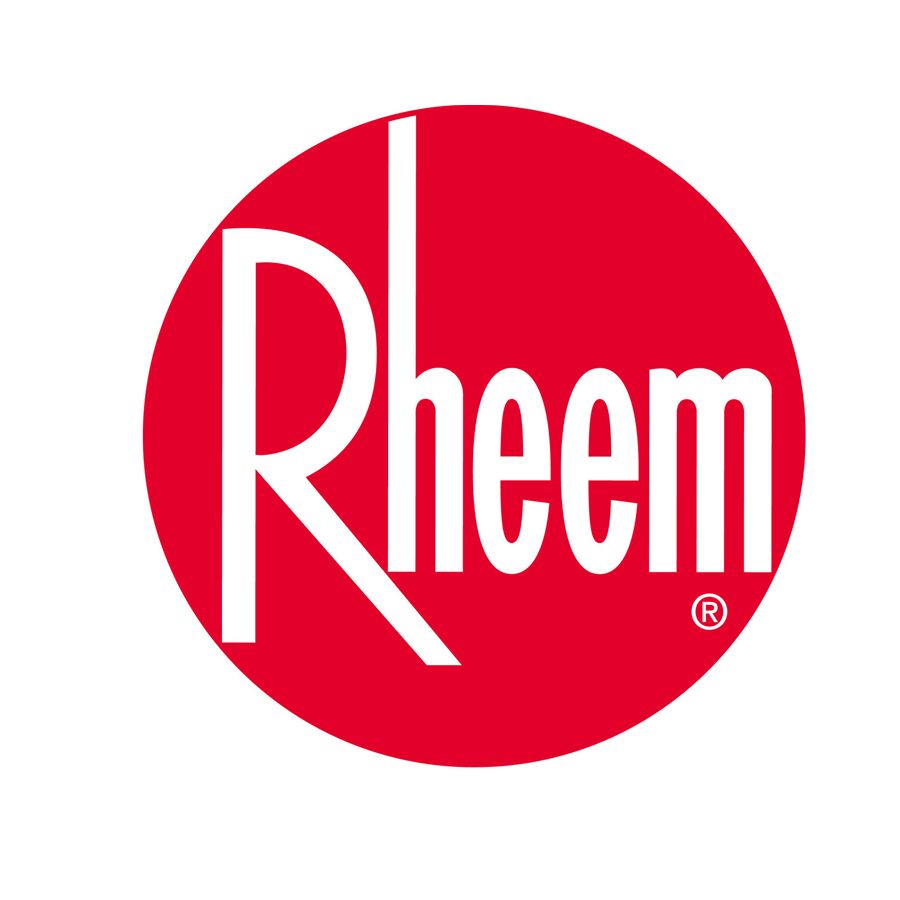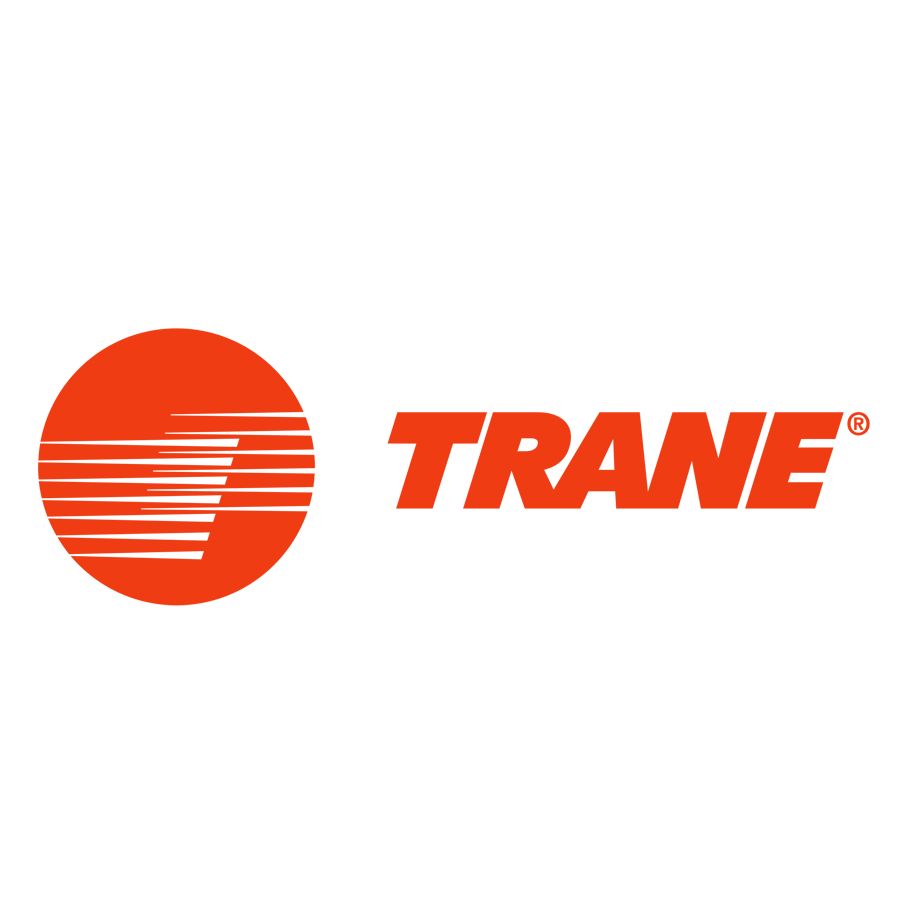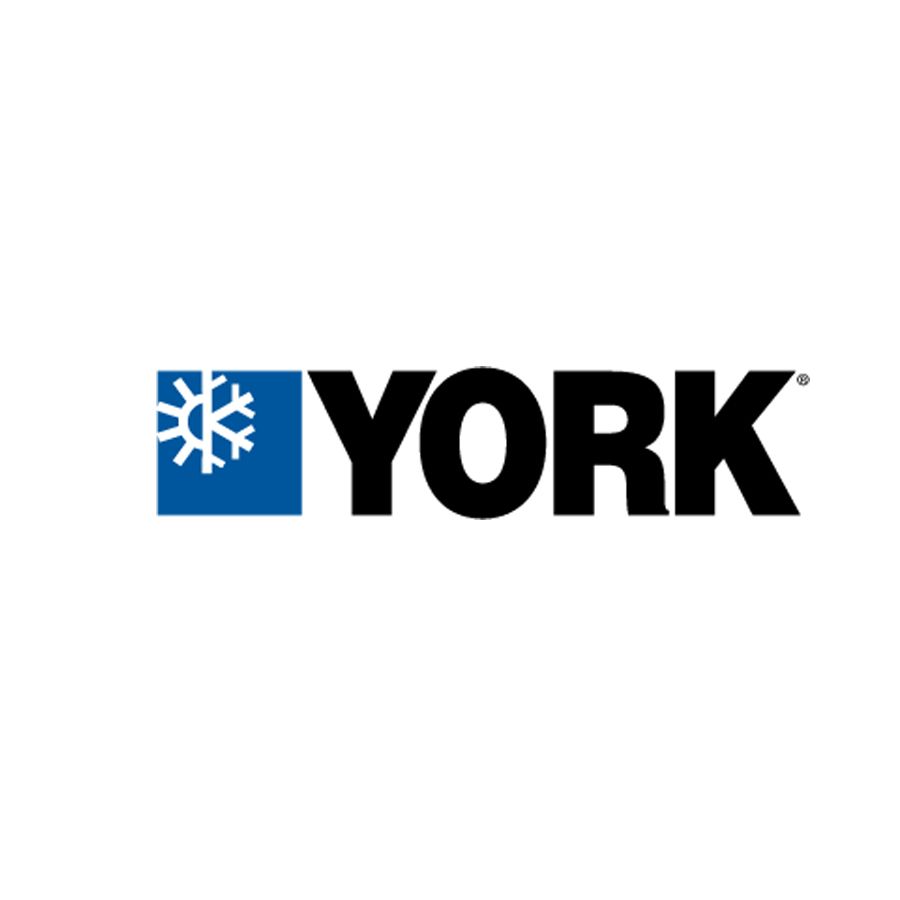August 7, 2025
Understanding the health of your HVAC system is crucial for maintaining home comfort and efficiency. This article outlines key indicators signaling the need for immediate maintenance, helping you prevent costly repairs and ensure optimal performance. An HVAC system operating at peak performance ensures air quality and comfort throughout the year. Regular checks help in identifying potential problems early, which saves both time and money.
Let's explore five signs indicating your system's need for professional attention to ensure longevity and optimal function.
1. Noticing Unusual Noises
Identifying Rattling Sounds
Rattling sounds in your HVAC system can be alarming and are often a sign of loose components or debris within the unit. These sounds might be caused by screws that have worked themselves loose over time or small objects that have made their way into the ducts. Ignoring these noises can lead to more severe mechanical issues, as loose parts can cause substantial damage if not secured. It's essential to regularly check and tighten any loose fittings or components to prevent further issues.
Recognizing Squealing or Screeching
Squealing or screeching noises often indicate worn-out belts or motor problems within your HVAC system. These high-pitched sounds are typically a result of the fan or blower motor, which may need lubrication or replacement of the belt. If these noises persist, it could lead to a complete breakdown, necessitating costly repairs. Regular servicing helps ensure these components are in good condition or replaced promptly to avoid system failure.
Detecting Banging or Clunking
A banging or clunking noise often suggests a more severe mechanical problem within the system. It could result from a broken or disconnected component moving around and hitting other parts of the HVAC unit. If left unchecked, this can lead to significant damage, affecting overall system efficiency. Regular inspections can help identify and rectify these issues before they worsen.
2. Experiencing Poor Airflow
Clearing Blocked Vents
Poor airflow can significantly impact the efficiency of your HVAC system, and one of the primary causes is blocked vents. Furniture, drapes, or clutter can obstruct vents, preventing air from circulating properly. This not only reduces comfort levels in your home but can also cause the system to work harder, leading to increased energy consumption.
Clearing obstructions from vents ensures optimal air distribution throughout the home, improving overall comfort. Regularly checking and rearranging household items can keep vents unblocked and airflow unhindered. According to Today's Homeowner, most HVAC professionals recommend servicing air conditioners twice a year.
Replacing Clogged Filters
Clogged filters are another common reason for impaired airflow in an HVAC system. Over time, dust, dirt, and pollutants accumulate in the filters, reducing their efficiency and obstructing air passage. Replacing or cleaning filters every few months, as part of routine maintenance, ensures that the HVAC system does not strain unnecessarily. For best results, homeowners are advised to check filters monthly and replace them as needed. Adhering to this simple maintenance step can prevent major system stress and subsequent repairs.
Fixing Blower Fan Issues
Problems with the blower fan within your HVAC system can severely affect ventilation efficiency. A malfunctioning blower fan might fail to distribute air, causing some areas of your home to remain uncomfortable. The fan might require cleaning, lubrication, or replacement if it is faulty, ensuring that air is efficiently pushed through the ducts.
3. Facing Inconsistent Temperatures
Checking Thermostat Malfunctions
Inconsistent temperatures in your home can be frustrating and are often caused by thermostat malfunctions. If the thermostat incorrectly reads the temperature, it may not provide the necessary cooling or heating required. Checking the thermostat regularly, recalibrating it, or replacing batteries can resolve minor issues. However, persistent problems might indicate the need for a replacement or professional calibration.
Removing Airflow Obstructions
Inconsistent room temperatures can also be attributed to airflow obstructions. Blocked ducts or vents can prevent air from reaching certain areas effectively, resulting in some rooms being hotter or colder than others. Ensuring that vents and ducts are clear and unobstructed promotes even air distribution, maintaining consistent temperatures throughout the home. Regular cleaning and inspections of ductwork can help identify and resolve obstructions quickly. Simple household checks combined with professional servicing can keep your air system balanced and efficient.
Balancing Ductwork Imbalances
Another potential cause of temperature inconsistency is imbalances in the home's ductwork system. If the ducts are uneven or poorly installed, air distribution is compromised, creating temperature variations across different rooms. Professional evaluation and balancing of the ductwork can improve airflow and uniform temperature distribution. Addressing ductwork issues not only maintains comfort but also improves overall HVAC efficiency. Ensuring even airflow distribution is crucial for a consistently comfortable indoor environment.
4. Detecting Foul Odors
Eliminating Mold or Mildew
Mold or mildew in your HVAC system can produce unpleasant or musty odors. Moisture buildup in the system provides an environment conducive to the growth of these fungi, especially in the ductwork or drip pans. Regular servicing and cleaning can prevent mold and mildew from becoming a problem, protecting indoor air quality. If odors persist, professional cleaning might be necessary to eliminate mold from hard-to-reach areas. Routine maintenance helps detect moisture issues before they develop into a full-blown problem.
Addressing Burning Smells
A burning smell emanating from your HVAC system is often indicative of electrical problems. Faulty wiring, burned-out components, or overheating motors can cause these odors, which should be addressed immediately to prevent fire hazards. Regular maintenance includes checking electrical components, ensuring they are working correctly and replacing any damaged parts.
Cleaning Dirty Ducts
Accumulated dust and debris in the ducts can also cause unpleasant smells to circulate through your home. Over time, dirt trapped within the ductwork can spread foul odors as the air system runs. Cleaning or replacing air vents and ducts periodically keeps these systems free of dust, improving air quality and eliminating bad smells. Incorporating duct cleaning in regular maintenance prevents odors and enhances system efficiency. Clean ducts contribute to a healthier home environment with fresher-smelling air.
5. Managing Increased Energy Bills
Preventing Unit Overworking
If you notice a sudden increase in your energy bills, it might be due to an overworked HVAC unit. When a system operates inefficiently, it uses more energy to maintain temperature settings, leading to higher energy consumption. Identifying and resolving issues early can curb excessive energy usage and reduce costs. Regular system maintenance keeps the unit running efficiently, without unnecessary strain.
Improving Poor System Efficiency
Poor HVAC efficiency is a significant contributor to rising energy costs. Issues such as clogged filters, dirty coils, or faulty thermostats result in the system working harder than necessary. Regular cleaning and repairs optimize HVAC performance, enhancing energy efficiency and reducing bills.
Reducing Frequent Cycling
Frequent cycling of your HVAC system can also lead to increased energy consumption. Short cycling, where the system turns on and off repeatedly, indicates underlying issues that need addressing. Possible causes include thermostat malfunctions, improper unit size, or refrigerant leaks. Resolving these problems through professional servicing restores normal cycling patterns, enhancing efficiency. Reducing frequent cycling not only lowers energy bills but also extends the HVAC system's lifespan.
Regular maintenance is vital to the longevity and efficiency of your HVAC system. By recognizing and addressing these signs promptly, homeowners can save money, improve comfort, and extend the life of their heating and cooling systems.
Taking proactive steps in identifying these maintenance needs ensures a consistent, comfortable indoor climate. Prioritizing service and repair prevents breakdowns, saving on potential major repairs. Contact Done Right Heating and Cooling LLC today to schedule your HVAC maintenance and keep your system running smoothly all year long.
